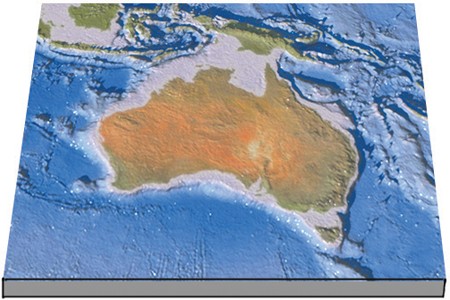A hypsometric curve shows that
A. oceanic trenches occupy about 30 percent of Earth's surface.
B. the average ocean depth is sea level.
C. a little more than 70 percent of the Earth's surface is covered by ocean.
D. the highest mountains on Earth are about a kilometer high.
Answer: C
You might also like to view...
In what way is drainage density affected by (a) soil characteristics, and (b) rainfall characteristics of a region?
What will be an ideal response?
One would normally begin with ________ in a GIS project:
A. data acquisition B. data exploration C. data display D. data analysis
The ________ air mass forms off the Mexican High Plateau and impacts the southwestern part of the United States
A) Maritime Tropical B) Maritime Polar C) Arctic D) Continental Tropical
Radon is an odorless radioactive gas that you cannot taste or see. Exposure to this naturally occurring gas can be dangerously high in any home in North America
Homes must be specially tested for exposure levels for residents to understand their risks. If risks are high, venting systems can be installed to significantly lower indoor levels of exposure. The most likely health problem associated with long-term exposure to this radioactive gas is A) a stroke or heart attack. B) lung cancer. C) elevated blood pressure. D) obesity leading to diabetes.